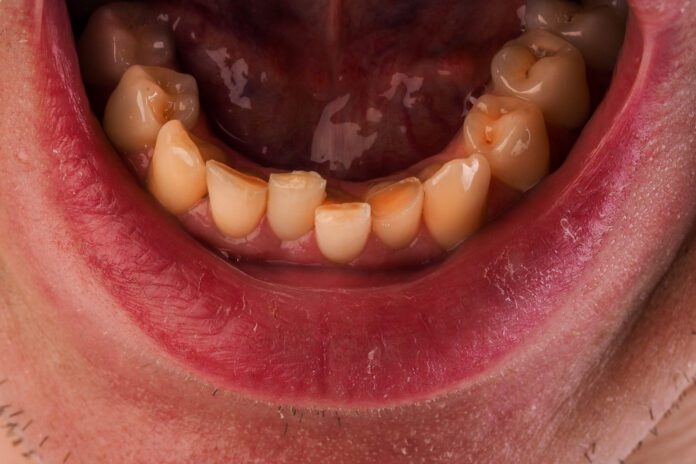Overview Of Oral Cancer
Oral cancer is cancer that starts in the mouth.
Commonly Associated With
Cancer – mouth; Mouth cancer; Head and neck cancer – oral; Squamous cell cancer – mouth; Malignant neoplasm – oral; Oropharyngeal cancer – HPV; Carcinoma – mouth
Causes Of Oral Cancer
Oral cancer most commonly involves the lips or the tongue. It may also occur on the:
- Cheek lining
- Floor of the mouth
- Gums (gingiva)
- Roof of the mouth (palate)
Most oral cancers are a type called squamous cell carcinoma. These cancers tend to spread quickly.
Smoking and other tobacco use are linked to most cases of oral cancer. Heavy alcohol use also increases the risk for oral cancer.
Human papillomavirus (HPV) infection (the same virus that causes genital warts) account for a larger number of oral cancers than in the past. One type of HPV, type 16 or HPV-16, is much more commonly associated with almost all oral cancers.
Other factors that may increase the risk for oral cancer include:
- Long-term (chronic) rubbing, such as from rough teeth, dentures, or fillings
- Taking medicines (immunosuppressants) that weaken the immune system
- Poor dental and oral hygiene
- Some oral cancers begin as a white plaque (leukoplakia) or as a mouth ulcer.
Men develop oral cancer twice as often as women do. It is more common in men older than 40.
Symptoms Of Oral Cancer
Oral cancer can appear as a lump or ulcer in the mouth that may be:
- A deep, hard-edged crack in the tissue
- Pale, dark red, or discolored
- On the tongue, lip, or other areas of the mouth
- Painless at first, then a burning sensation or pain when the tumor is more advanced
Other symptoms may include:
- Chewing problems
- Mouth sores that may bleed
- Pain with swallowing
- Speech difficulties
- Swallowing difficulty
- Swollen lymph nodes in the neck
- Tongue problems
- Weight loss
- Difficulty opening the mouth
- Numbness and loosening of teeth
- Bad breath
Exams & Tests
Your doctor or dentist will examine your mouth area. The exam may show:
- A sore on the lip, tongue, gum, cheeks, or other areas of the mouth
- An ulcer or bleeding
- A biopsy of the sore or ulcer will be done. This tissue will also be tested for HPV.
- CT, MRI, and PET scans may be done to determine if cancer has spread.
Treatment Of Oral Cancer
Surgery to remove the tumor is recommended if the tumor is small enough.
If the tumor has spread to more tissue or nearby lymph nodes, a larger surgery is done. The amount of tissue and the number of lymph nodes that are removed depend on how far the cancer has spread.
Surgery may be used together with radiation therapy and chemotherapy for larger tumors.
Depending on what type of treatment you require, supportive treatments that may be needed include:
- Speech therapy.
- Therapy to help with chewing, swallowing.
- Learning to eat enough protein and calories to keep your weight up. Ask your health care provider about liquid food supplements that can help.
- Help with dry mouth.



